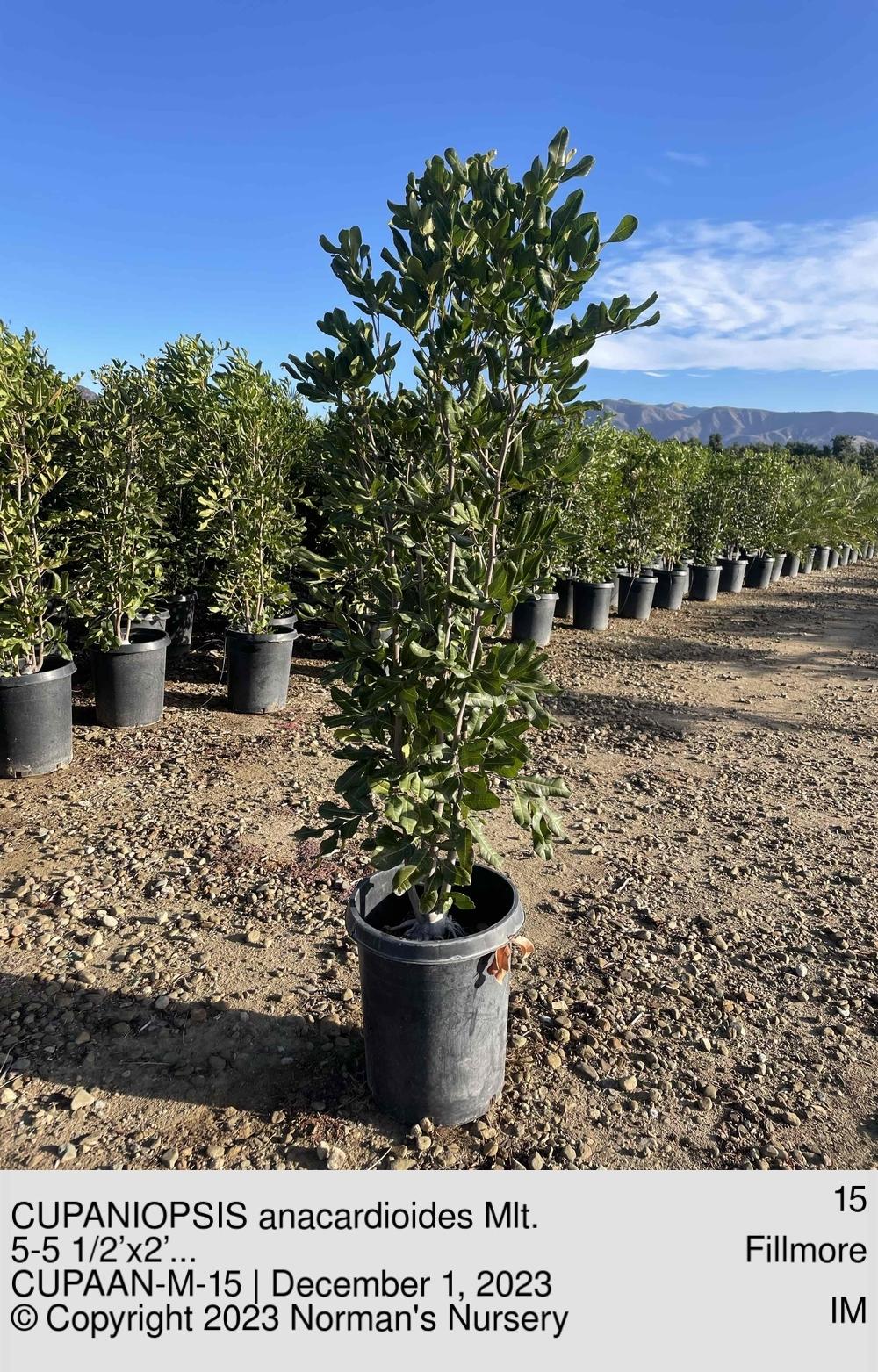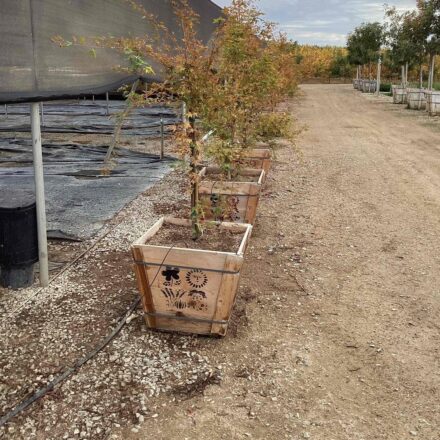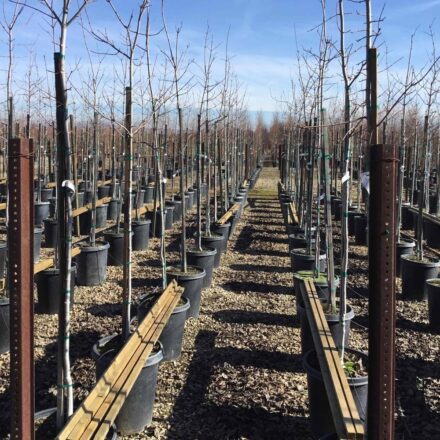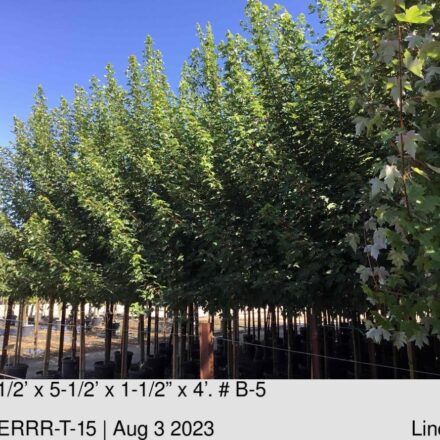Description
Cupaniopsis anacardioides – The Resilient and Low-Maintenance Carrotwood Tree
Botanical Name: Cupaniopsis anacardioides
Common Name: Carrotwood Tree
Plant Type: Evergreen Tree
Sun Requirements: Full Sun to Partial Shade
Soil Type: Well-Drained, Loamy, Sandy, or Clay Soil
Hardiness Zones: 9-11
Growth Habit: Multi-Trunked, Rounded Canopy
Bloom Time: Late Winter to Spring (Small Yellowish Flowers)
Mature Size: 20-40 ft. tall, 20-30 ft. wide
Why Choose Cupaniopsis anacardioides in Multi-Trunk Form?
Cupaniopsis anacardioides, commonly known as Carrotwood Tree, is a drought-tolerant, low-maintenance evergreen with a dense, rounded canopy and smooth, multi-trunked structure. It is highly adaptable to coastal, urban, and dry climates, making it an excellent choice for streetscapes, parks, and residential gardens. Its glossy, dark green leaves provide year-round interest, while its resistance to pests, disease, and harsh conditions make it a durable and reliable landscaping tree.
Key Features
- Multi-trunked growth habit adds architectural interest.
- Glossy, dark green foliage provides year-round appeal.
- Drought-tolerant and thrives in coastal or urban settings.
- Pest-resistant and low-maintenance.
- Wind-tolerant and adaptable to poor soils.
Ideal Uses in Landscaping
This hardy evergreen tree is perfect for modern landscapes, urban plantings, and low-maintenance gardens where structure and durability are key.
Perfect for:
- Multi-trunked specimen for contemporary landscapes
- Drought-tolerant and low-maintenance plantings
- Coastal and salt-tolerant landscapes
- Windbreaks and erosion control
- Urban and street tree plantings
Care Instructions
- Watering: Low once established; deep watering during dry periods helps maintain health.
- Sunlight: Prefers full sun to partial shade for best growth.
- Soil: Adapts to well-drained loamy, sandy, or clay soils.
- Pruning: Minimal pruning required; shape to enhance multi-trunked form.
- Cold Tolerance: Hardy in zones 9-11, tolerating mild frost and extreme heat.
Pro Tip: For a striking architectural look, plant multiple multi-trunked specimens together for a natural grove effect.



